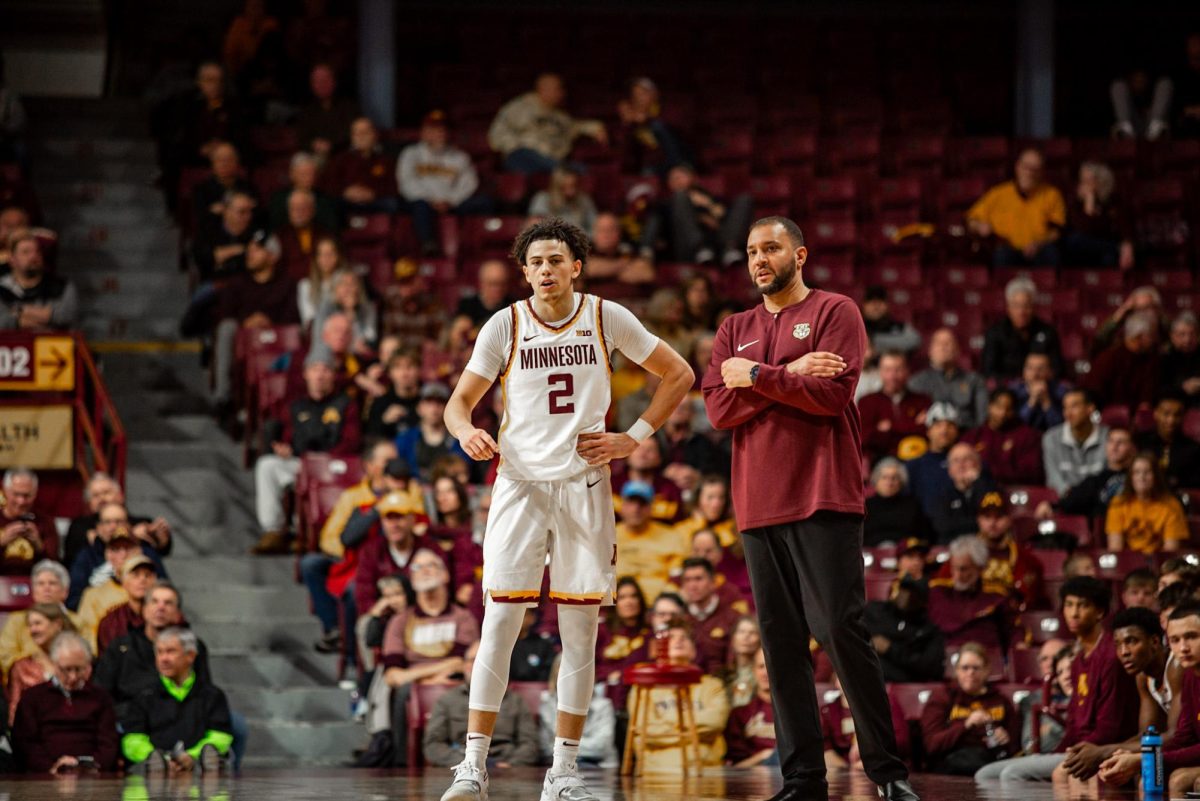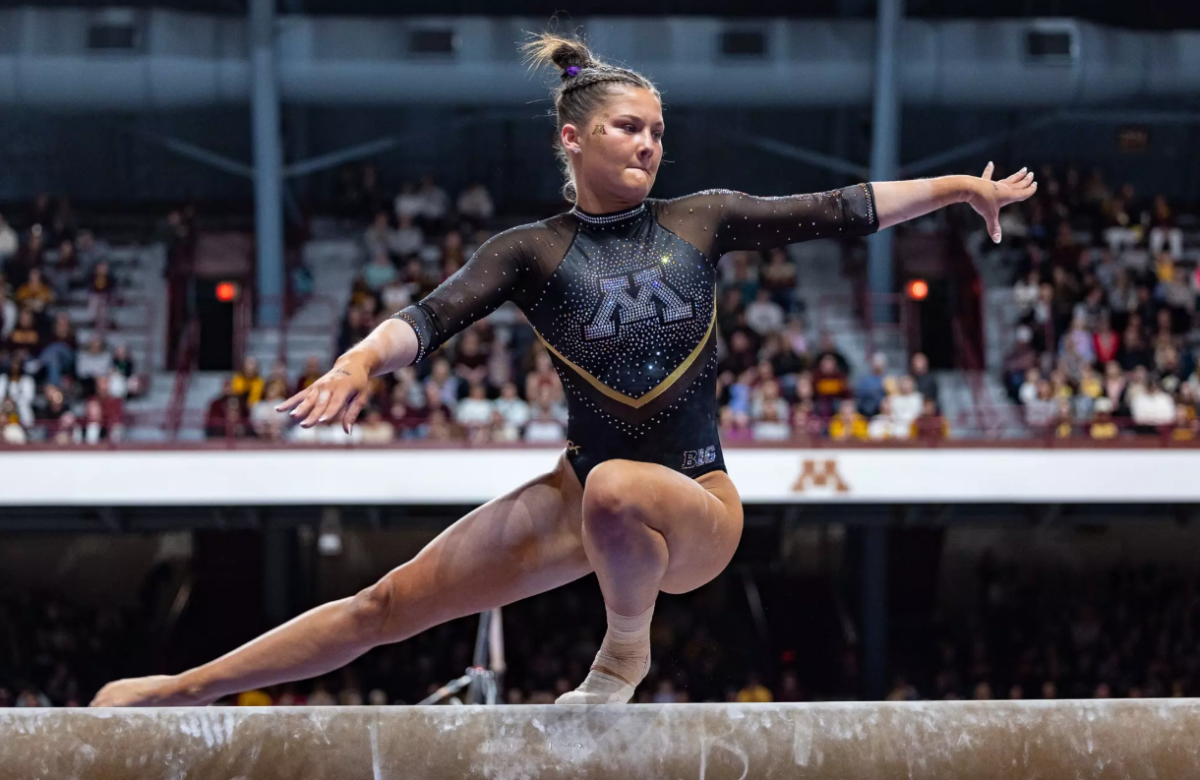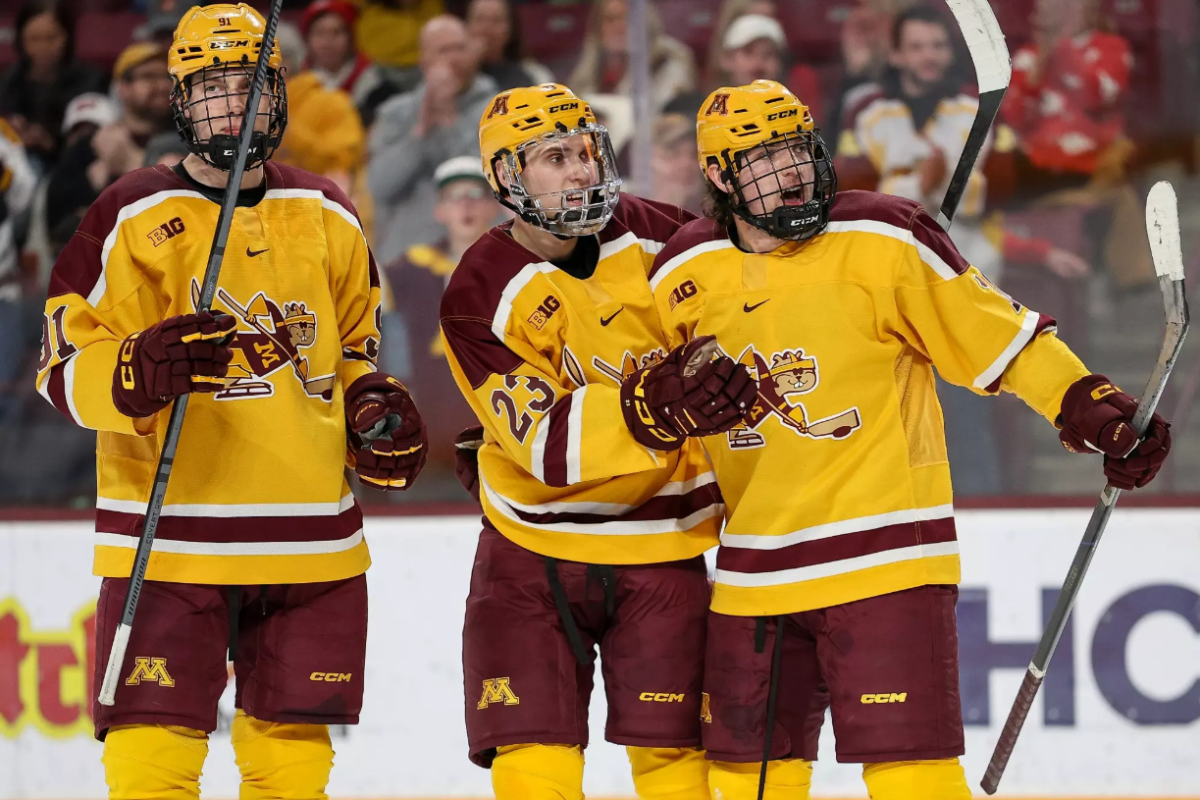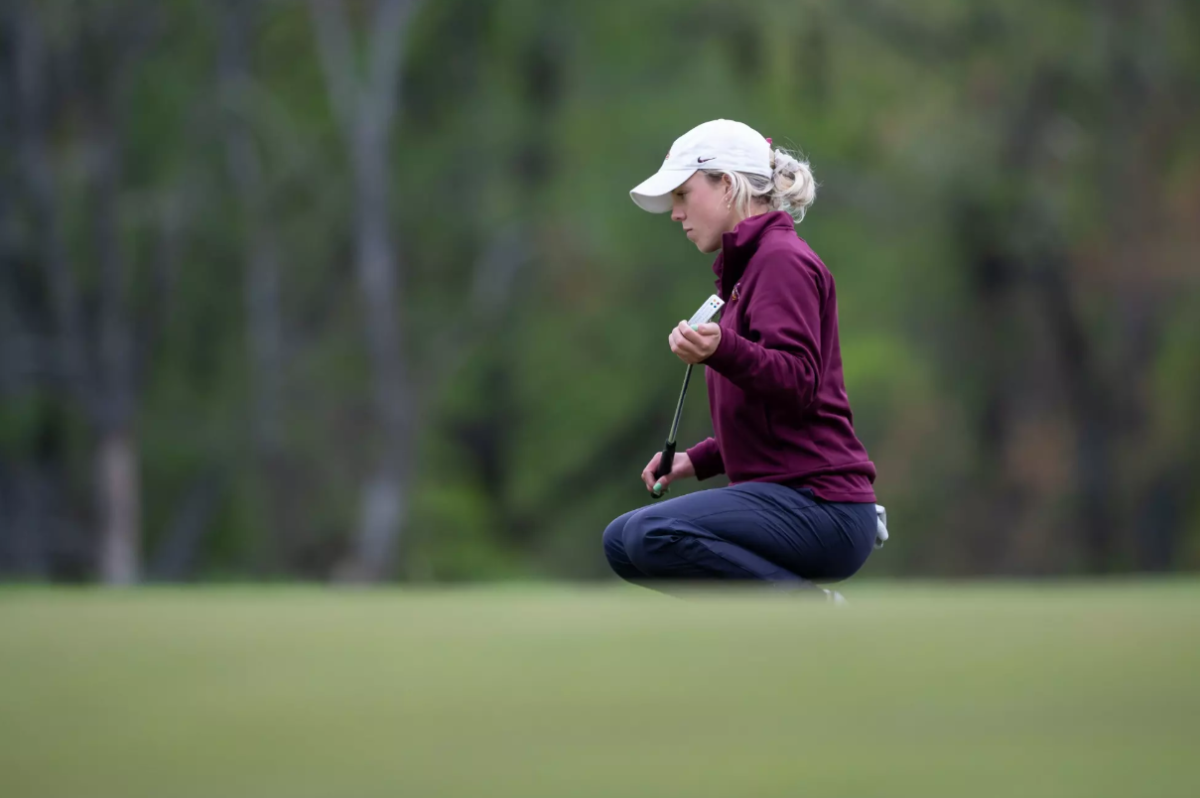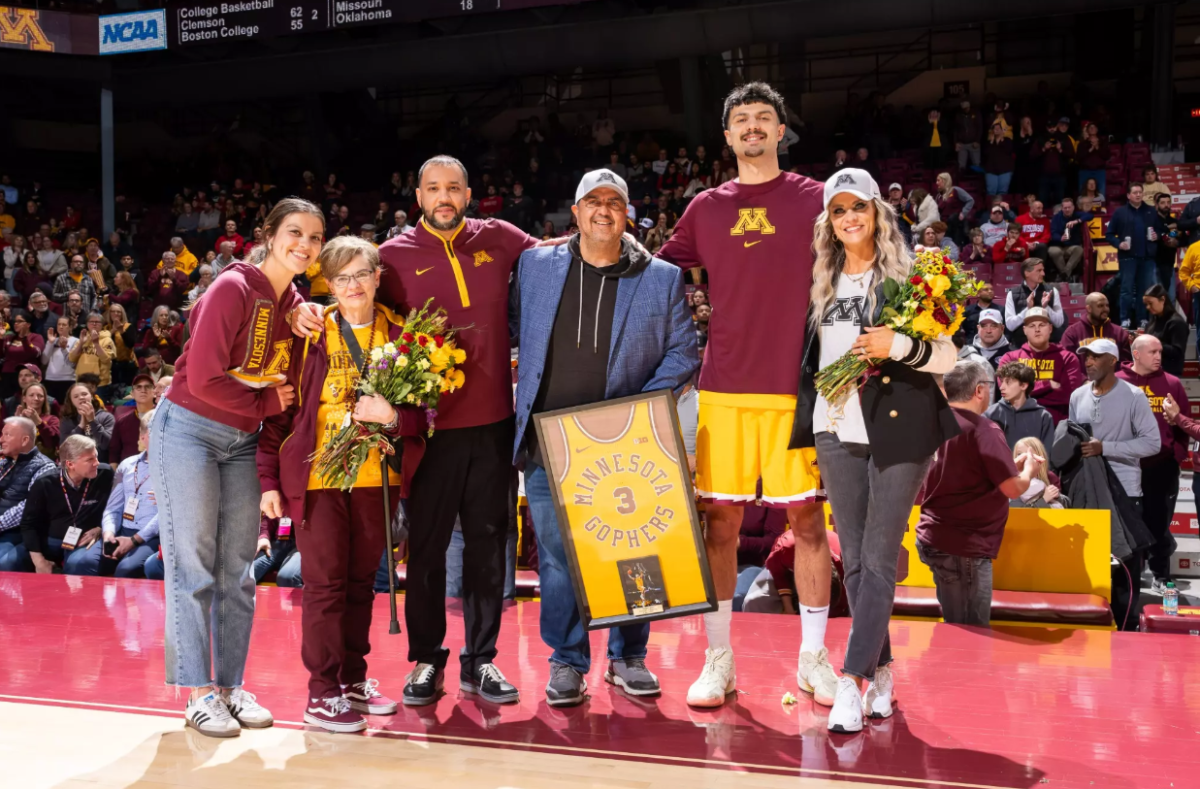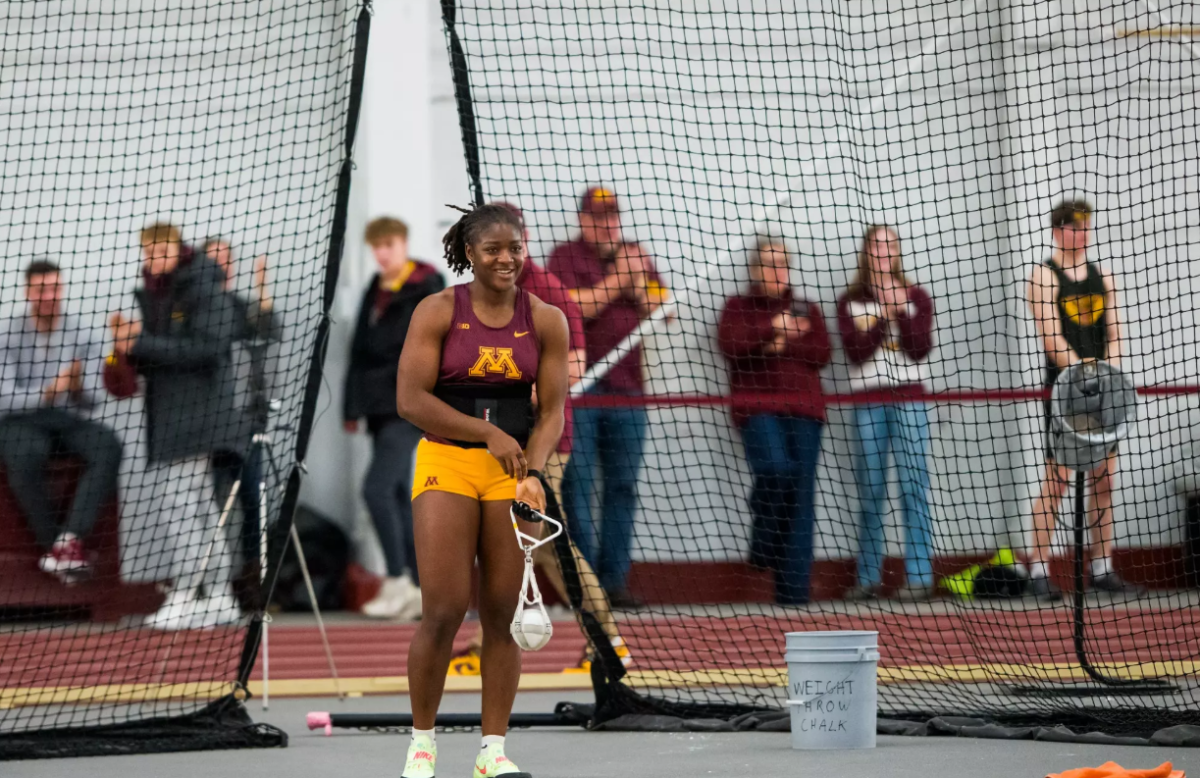More Gophers athletes are earning their degrees than ever before.
The NCAA revealed its annual Graduation Success Rate last Thursday, and Minnesota scored an 86 percent — five percentage points higher than the national average.
Those figures are based on student-athletes who entered college between 2003 and 2006.
The GSR, which measures the proportion of student-athletes who graduate, includes transfer students and athletes who graduate within six years in good academic standing.
The national GSR came in at 81 percent, an all-time high, said NCAA spokesperson Stacey Osburn.
“I think we’ve achieved some great success lately,” Osburn said. “[Student-athletes] understand the program, and we’re seeing more of them graduate than ever before.”
Since the NCAA first began tracking GSR with student-athletes who entered college in 1995, the national rate has improved by eight percentage points, Osburn said.
Minnesota ranks only eighth in the Big Ten in overall GSR, but it improved its rate for the eighth straight year. Northwestern led the Big Ten with a GSR of 97 percent, one of the highest in the nation.
Eight Minnesota teams scored 100 percent, including men’s and women’s tennis, men’s and women’s gymnastics, and women’s volleyball, golf, cross country and track and field and soccer.
Senior women’s cross country runner Laura Docherty said her coaches and advisers have played a major role in her team’s academic success.
“We get a lot of individual attention from our advisers, which is pretty nuts given how many people we have on the team,” she said.
Docherty said the coaches do a good job of recruiting athletes who are also committed to academics.
“Our coaches recruit people who are very independent and get their work done on their own,” she said.
Former Gophers men’s tennis player Rok Bonin agreed. He said coaches who focus on recruiting good students always have better graduation rates.
“A lot of tennis teams around the country have pretty good graduation rates,” Bonin said. “I guess there are a lot of smart
tennis players out there.”
All three of Minnesota’s revenue sports — football, men’s basketball and men’s hockey — improved their GSR scores from the previous year.
Men’s basketball and men’s hockey increased their GSR scores by 15 and 16 percentage points, respectively. Those were the largest improvements in GSR among teams at Minnesota.
“Certainly, we love our basketball, and we love our athletics,” head men’s basketball coach Richard Pitino said. “But this is also a great degree with great opportunities.”
He said he constantly reminds the team of the rich opportunities that come with getting a degree from the University.
Gophers junior guard Kendal Shell said athletes receive so much help from academic counselors that it’s not hard to stay on track and earn a degree.
“They make it very clear to us: If you don’t do right in the classroom, you won’t do well on the court,” Shell said.
He said coaches work with the academic counselors to implement strict rules for athletes on how they should conduct themselves in the classroom.
For example, basketball players are required to sit in the front of their classrooms, Shell said.
“The education that this University brings is one in a million,” he said. “We need to remember to respect the teachers who are helping us earn our degrees.”
Sophomore guard Wally Ellenson, who also competes on the track and field team, said balancing two sports with academics can be extremely difficult. But he said the individual attention he receives from tutors and counselors makes a big difference.
“There’s no offseason, and I’m busy with academics the whole time,” Ellenson said. “Our tutoring and advising has improved greatly in all of our programs.”
Freshman walk-on guard Jasen Baranowski said balancing academics with athletics can be intimidating, especially for freshman athletes.
“At first, I was concerned about figuring it all out,” he said. “You eventually get the hang of it with all of the support they give you.”
He said older athletes have set a good example for him, and he thinks even more athletes will earn their degrees in the future.
“All you have to do is just watch the older guys doing homework in the locker room,” he said. “You get an understanding of the importance of academics and graduating that way.”


